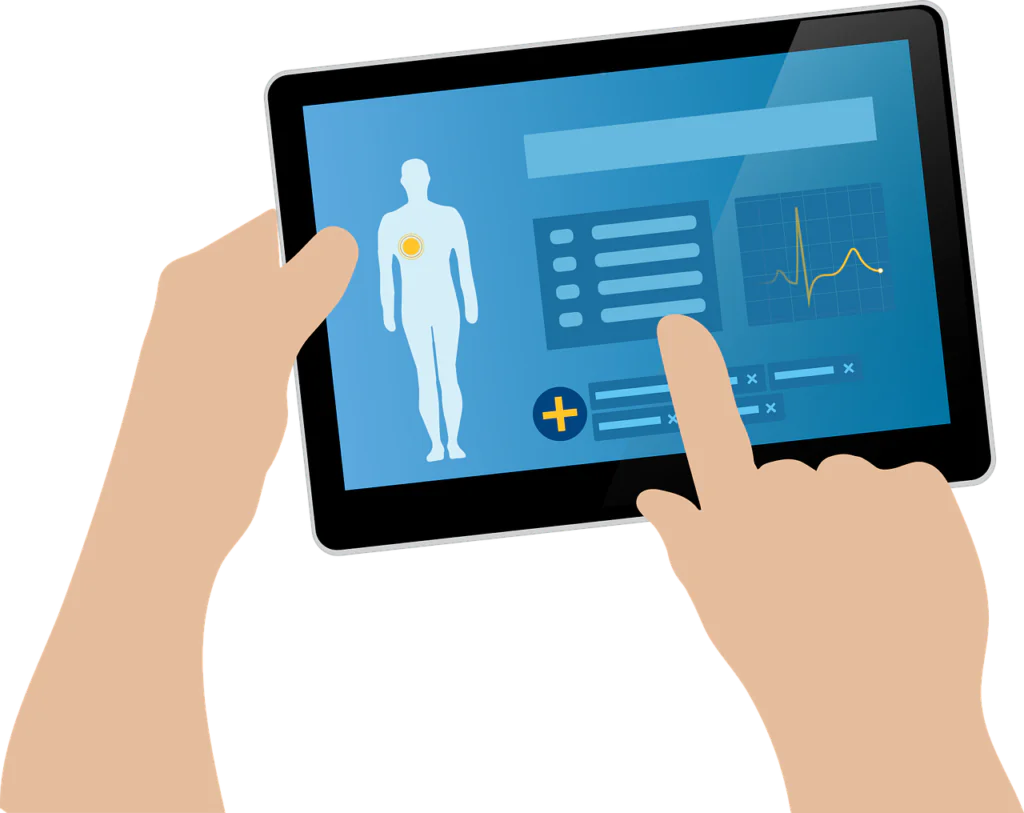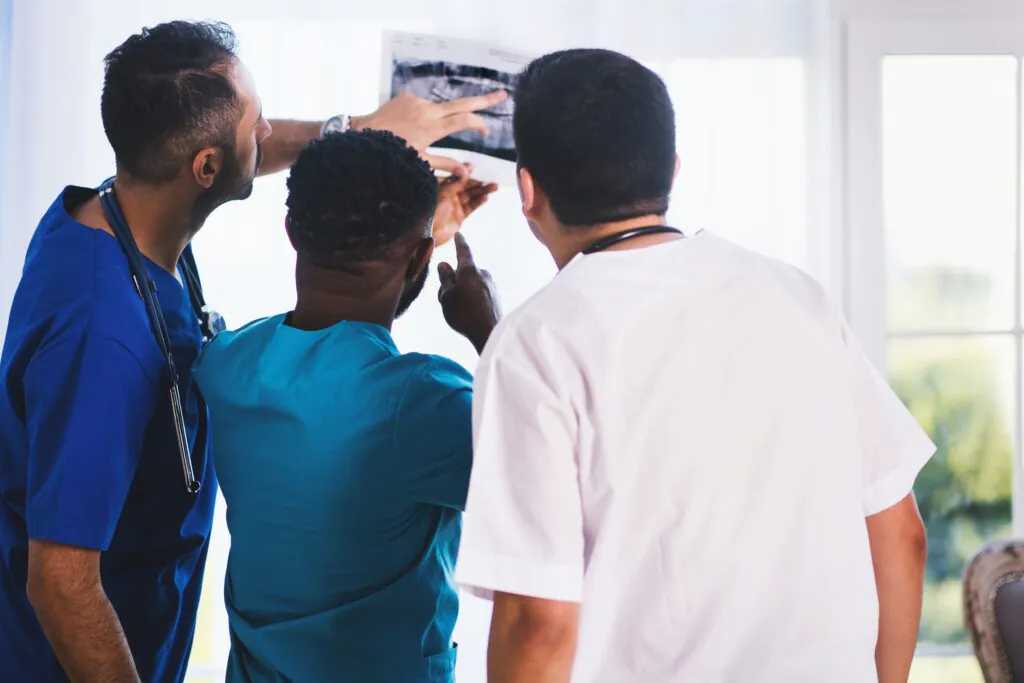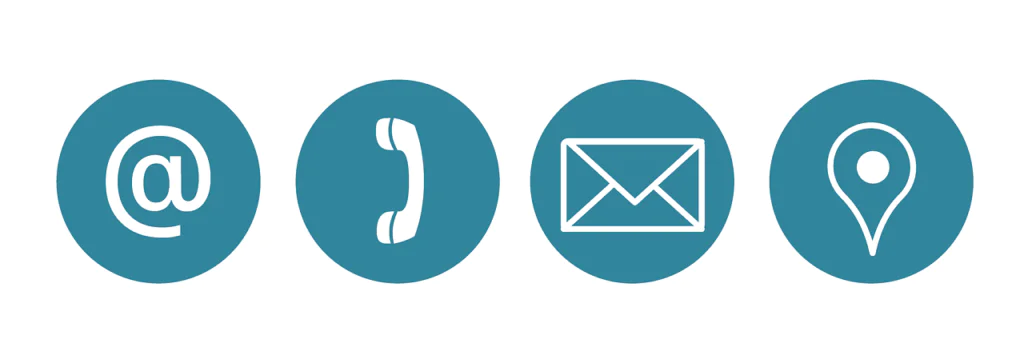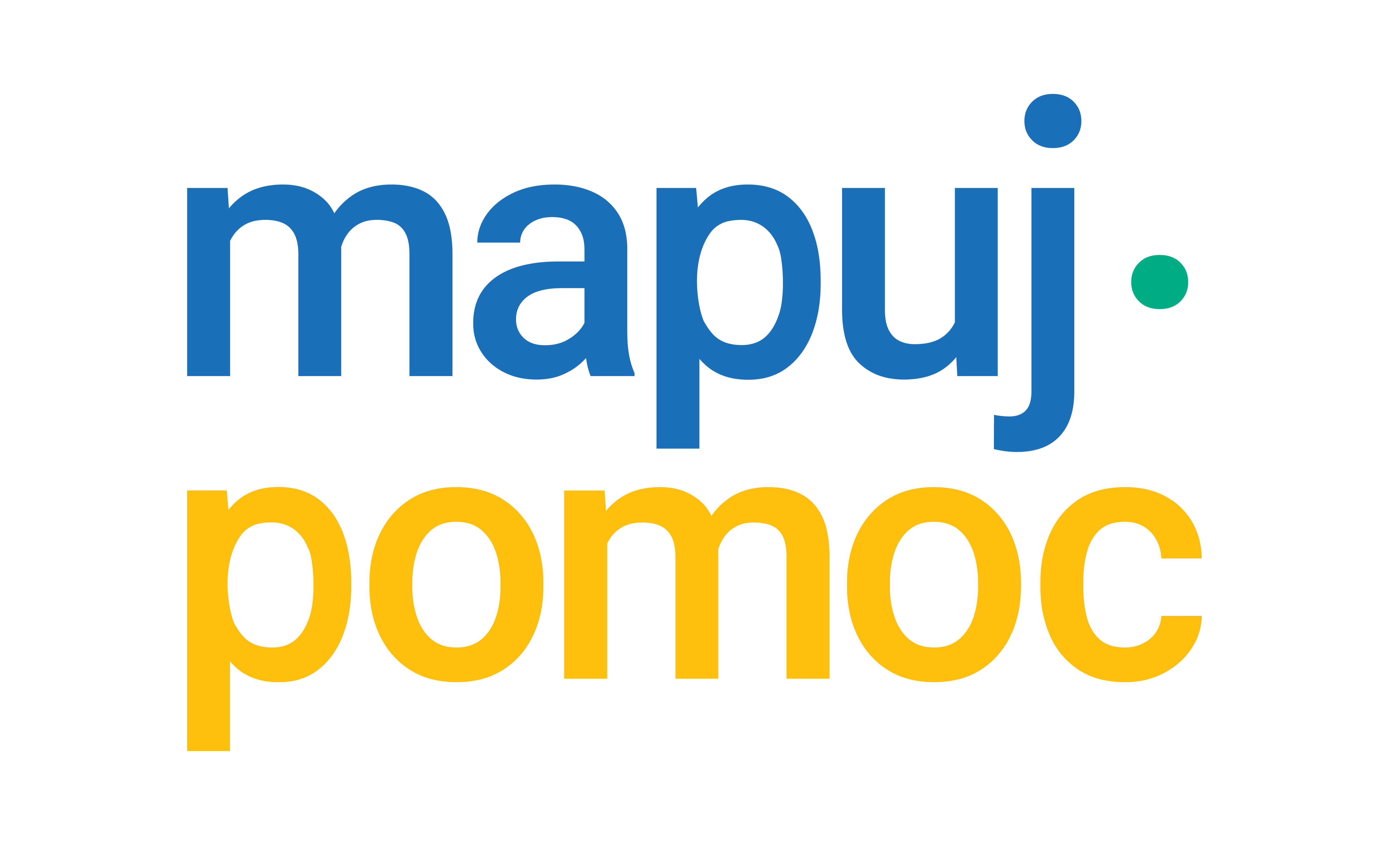Not all medical facilities in Poland accept patients without fees. Free care is provided only by clinics that have signed agreements with the National Health Fund (NFZ). In this article, we explain what NFZ is, what services it provides, and who can benefit from them. You will learn how to register with a family doctor or specialist, as well as how to obtain advice in Ukrainian or Russian.

What is the National Health Fund (NFZ)?
The National Health Fund (NFZ) is an institution responsible for organizing and financing public healthcare in Poland. Its aim is to ensure universal access to medical services. NFZ signs agreements with medical facilities and covers the costs of treatment for patients based on those agreements.
In practice, this means providing eligible individuals with services such as:
- Primary healthcare
- Night and holiday care
- Hospital treatment
- Outpatient specialist care
- Emergency dental care
- Access to medication reimbursement and medical supplies
As a Ukrainian citizen, do I have the right to free medical services in Poland?
Yes. Thanks to the special law on assistance to Ukrainian citizens (available in Polish), which has been in effect since March 2022, Ukrainians who arrived in Poland after February 24th can avail themselves of free medical care in facilities that have signed agreements with the NFZ. The Fund, using additional funds from the state budget, will cover the costs of these visits. This also applies to the costs of reimbursed medications.

Important! You do not need to have a PESEL number assigned to benefit from free medical care in Poland.
The right to access public healthcare includes:
- Ukrainian citizens who directly crossed the Polish-Ukrainian border after February 24th.
- Their spouses, even if they do not hold Ukrainian citizenship.
- Ukrainian citizens who hold a Polonia Card (Karta Polaka) and their immediate family members who entered Poland after February 24th, 2022. This includes close relatives and individuals in a common-law relationship.
- Children born in Poland if their mother arrived in Poland after February 24th or if they are the children of a Ukrainian citizen who arrived in Poland after the escalation of the conflict in Ukraine last year.
The special law does not cover Ukrainians who were residing in Poland before February 24th. They can access free medical care if they have insurance. However, they are subject to separate regulations. You can read about them in the NFZ guidebook (available in Polish and English).
Important! The entitlement to free medical care under the NFZ based on the special law is lost for individuals who leave Poland for more than 30 days.
Sources: NFZ, Medical Assistance for Ukrainian Citizens – Rules of Provision and Settlement of Benefits (available in Ukrainian at the bottom of the page) [accessed: 25.05.2023]; NFZ, Patients from Ukraine have the right to reimbursed medications [accessed: 25.05.2023].
Although the Polish legislator has provided free medical services for refugees, the issue of their availability in the patient’s language has not been regulated. We cannot be certain whether there will be someone on-site who speaks Ukrainian or Russian. Some facilities or hospitals may fund such services or rely on the language skills of their own staff, but this is not the norm. Additionally, some specialists require patients to come with an interpreter. Before a visit, it is advisable to verify the practice at the chosen facility.
Below, we outline how the general process of registration with a family doctor and specialist works in Poland. We then describe where to obtain information about services in Ukrainian or Russian.
Source: Office of the Commissioner for Human Rights, Issues of Healthcare for Refugees from Ukraine. The Ministry of Health informs the Commissioner about its actions [accessed: 29.05.2023].
How to register with a primary care doctor
Public healthcare facilities, which have signed an agreement with the NFZ, are obligated to accept any Ukrainian citizen who arrived in Poland after February 24, 2022. To register with a primary care doctor, you need to go to a clinic and inquire about the next available appointment. The document that allows registration is a passport with an entry stamp into the country (dated no earlier than February 24). Other travel documents or a certificate issued by the Polish Border Guard may also be accepted.

Important! Although not mandatory, individuals who have been assigned a PESEL number may be asked to provide it. This will facilitate the registration process for the facilities and the NFZ’s service settlements.
Apart from documents confirming the date of arrival in Poland, it is advisable to have a list of prescribed medications and existing medical documentation. This is particularly important for individuals continuing treatment initiated in Ukraine. The lack of documentation may hinder activities such as prescription issuance. However, detailed arrangements regarding this matter can only be made during an individual consultation with a doctor.
Practical information on the type of assistance provided in the Ukrainian language can be found in the Medical Assistance for Citizens section on the NFZ website. It contains news and descriptions of the most important principles of healthcare services.
How to register with a specialist
To avail a free consultation with a specialist other than a dentist, such as a dermatologist, neurologist, or ophthalmologist, you first need to visit a primary care doctor. Based on the patient’s medical history, the primary care doctor will provide the necessary referral. Only with this referral can you register with the appropriate healthcare facility. The registration process is similar to that for primary care doctors – you search for a specialist/clinic that accepts patients under the NFZ, make contact, and schedule an appointment.
That’s how it works in theory, but in practice – regardless of nationality or eligibility status – it should be anticipated that free access to specialists can be challenging. Depending on the region and the type of specialist, the waiting time for an appointment can range from a few days or weeks to several months or even longer. In urgent cases, the referring doctor may try to expedite the appointment, but it is not always possible. In such situations, seeking private healthcare becomes an option, which comes with associated costs.
Healthcare in Ukrainian and Russian languages
According to the special law, all eligible refugees can access healthcare on the same terms as insured Polish citizens. However, individuals who do not speak Polish may encounter difficulties. Healthcare facilities providing free medical services are not obligated to provide them in Ukrainian, English, or Russian.
However, there are useful tools available that facilitate the search for healthcare facilities with multilingual or Ukrainian-speaking staff:
- medicalhelp.pl – a search engine for facilities with personnel who speak Ukrainian,
- lekarzedlaukrainy.pl – a search engine available in Polish, Ukrainian, Russian, and English for finding free psychological and medical assistance for war refugees in private facilities,
- Nowa Poliklinika – a Ukrainian facility with an agreement with the National Health Service of Ukraine (NHSU) offering free online consultations. To access them, you need to fill out a declaration (takes about 20 minutes) through chatbots on Telegram and Viber. Meetings take place on the Zoom platform,
- Centrum Pomocy Medycznej dla Uchodźców (Medical Assistance Center for Refugees) – you can contact the center by phone from Monday to Friday between 8:00 AM and 2:00 PM,
- Centrum Medyczne Damiana from Warsaw (Medical Center Damiana) has launched a helpline in Ukrainian at the number 22 566 22 20. You can call Monday to Friday between 7:00 AM and 9:00 PM,
- Alivia Foundation – the foundation offers assistance to Ukrainian-speaking oncology patients. You can contact them at [email protected],
- mapujpomoc.pl – by clicking on the “Health” tab, you can find non-governmental organizations and institutions offering free medical consultations. You can narrow down your search by entering your city or region.
Sources: Polish Society of Family Medicine, News on the care of patients from Ukraine [accessed: 25.05.2023]; Ukrainian in Poland, Nova Poliklinika offers free medical consultations [accessed: 25.05.2023].
Am I insured in Poland as a refugee?
No, there are no special insurances for refugees in Poland. However, according to the provisions of the special act from March 2022, Ukrainian citizens who arrived in Poland on or after February 24, 2022, are treated like insured Polish citizens by the NFZ (National Health Fund). Therefore, they can access free medical care as well as other benefits, such as allowances or aid. However, this does not mean that they are insured.
Patient account in Ukrainian and the Likar app
To facilitate communication between doctors in Poland and patients from Ukraine, a special application called “LikarPL” has been developed for Ukrainian patients and their Polish doctors. The application is divided into two modules: “Pacjent” (Patient) and “Lekarz” (Doctor). The patient fills in their health information and saves it in a form. The form is assigned a specific number. If the patient provides their date of birth and the form number to the doctor before the visit, the doctor will have access to the data in the patient’s language as well as in English. This allows the doctor to prepare for the visit. Registration for LikarPL can be done using the provided link.
The Ministry of Health has also provided an Internetowe Konto Pacjenta (Internet Patient Account) in the Ukrainian language. The account provides access to basic medical documents such as e-prescriptions, e-referrals, and the choice of a doctor. It’s important to note that the account is only available to individuals who have been assigned a PESEL number. Information on how it works and how to create an account can be found on the Ministry’s website.

Useful helpline numbers
You can also find information through specially protected toll-free helplines:
- 800 190 590 – The publicly available NFZ helpline providing information on medical services. Patients can also report the need for continuing oncological or hematological treatment in Poland under this number.
- 800 137 200 – The special First Contact Teleplatform in Ukrainian language operating during the night (between 6 PM and 8 AM), weekends, and holidays.
- 503 703 974 – This number provides information about healthcare services for refugees with disabilities.
Sources: Government website Domowa Opieka Medyczna [accessed: 29.05.2023]; Moja Warszawa, Pomoc medyczna dla obywateli Ukrainy [accessed: 29.05.2023]
